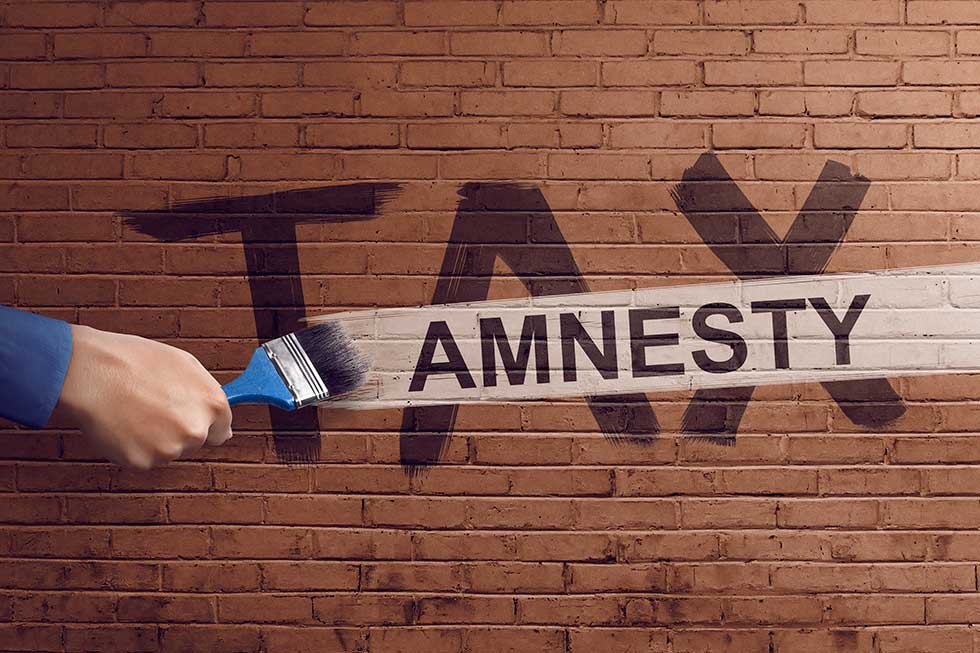Superannuation Guarantee amnesty bill passes Parliament

The long-awaited superannuation guarantee amnesty bill has now passed both houses, with employers set to get six months to disclose historical non-compliance before tougher penalties apply.
When does the amnesty apply?
The periods covered by the amnesty are to be from the time the superannuation guarantee was introduced in 1992, until the quarter ending March 2018. The current proposal recommends that disclosures lodged between 24 May 2018 and 6 months after the new legislation receives Royal Assent, will qualify for amnesty.
What do employers pay under the amnesty?
| Normally, if an employer fails to meet their quarterly SG payment on time, they pay the SG charge (SGC) and lodge a Superannuation Guarantee Statement. The SGC applies even if you pay the outstanding SG soon after the deadline. |
| No Amnesty | Amnesty |
| Interest of 10% per annum | Interest of 10% per annum |
| An administration fee of $20 for each employee with a shortfall per quarter | No administration fees |
| Penalties of up to 200% of the amount of the underlying SG charge (minimum 100% for quarters covered by the amnesty) | No penalties |
| A general interest charge if the SGC or penalties are not paid by the due date | A general interest charge
|
| SGC amount is not deductible – even if you pay the outstanding amount | SGC amount is deductible |
Qualifying for the amnesty
To qualify for the amnesty, employers must disclose the outstanding SG to the Tax Commissioner. You either pay the full amount owing, or if the business cannot pay the full amount, enter into a payment plan with the ATO. If you agree to a payment plan and do not meet the payments, the amnesty will no longer apply.
Keep in mind that the amnesty only applies to “voluntary” disclosures. The ATO will continue its compliance activities during the amnesty period so if they discover the underpayment first, full penalties apply. The amnesty also does not apply to amounts that have already been identified as owing or where the employer is subject to an ATO audit.
What do you need to do?
If you have previously lodged a superannuation guarantee charge disclosure and been charged the administration fee, you should ask the ATO for a refund, noting that this may not be possible until the new law is passed.
If you have superannuation shortfalls to declare, ensure this is done within the six month period after royal assent. In our experience, the work to put disclosures together can be more extensive than first anticipated, as there are a number of different aspects and complexities to take into account. We suggest acting on this sooner rather than later to maximize the opportunity to lodge within the six month amnesty period.
If you are uncertain about what award and pay rates apply to employees, the FairWork Ombudsman’s website has a pay calculator or you can contact them online or call them on 13 13 94.
If you have further questions please contact Evans & Hearn Accountants on 0749276888 or email us at eh@evanshearn.com.au.
Legislation – Treasury Laws Amendment (Recovering Unpaid Superannuation) Bill 2019
